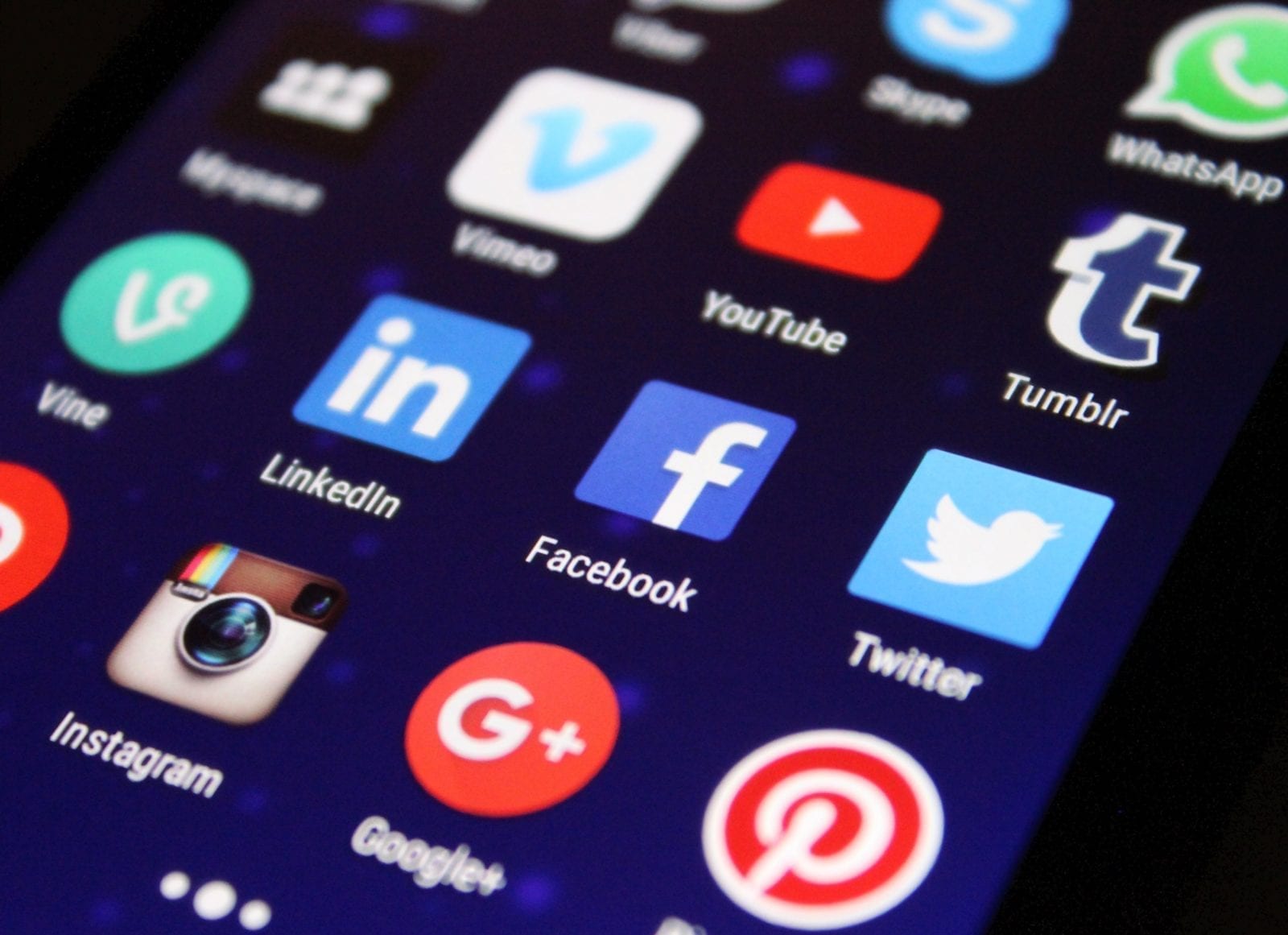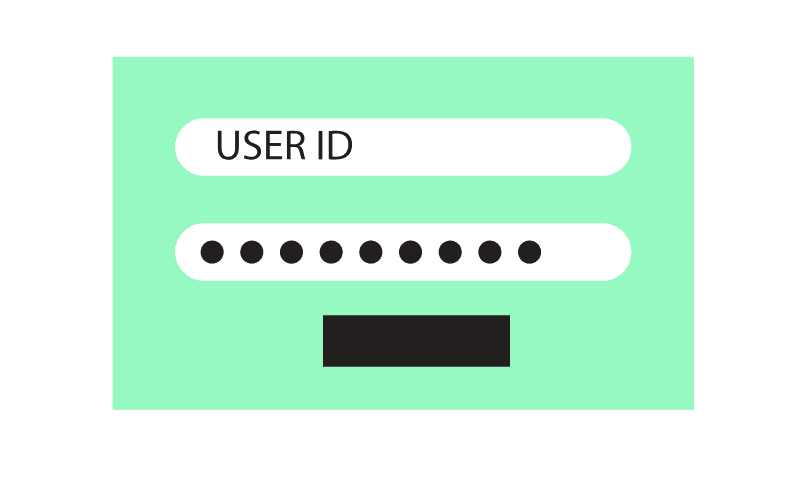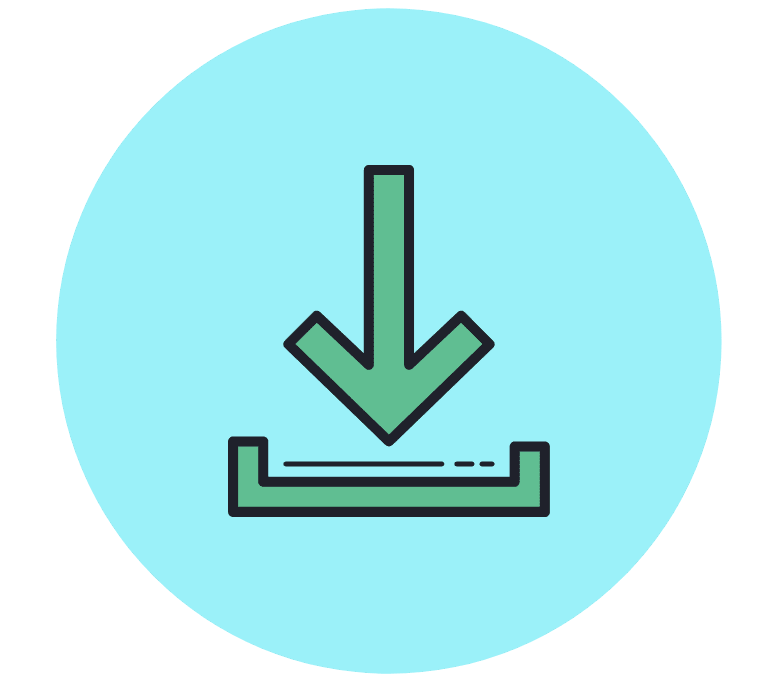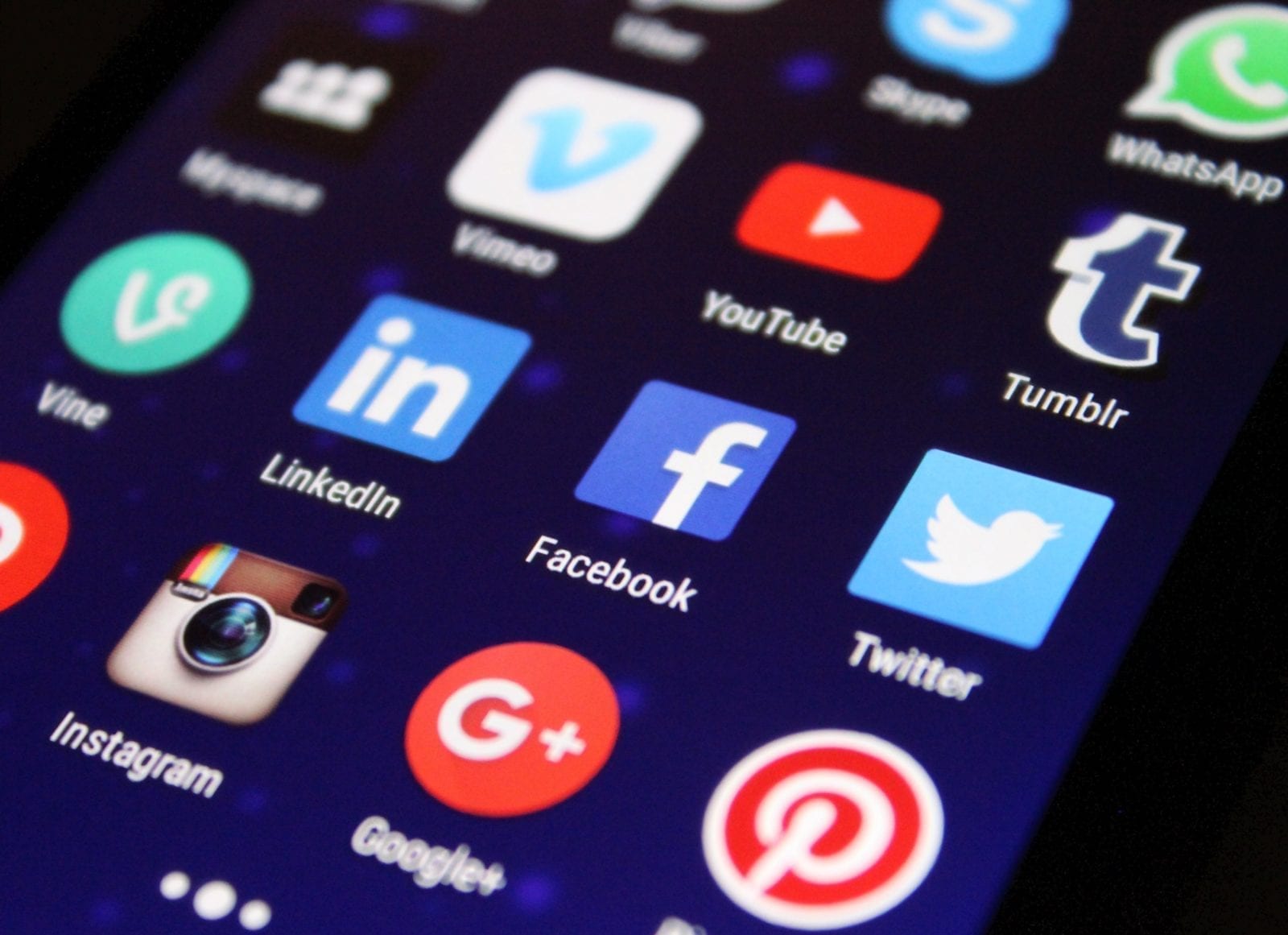Does Alexa know you too well? Maybe but hopefully for all the right reasons. Today is International Data Privacy Day but what does that mean for you? Is your data safe? How would you know?

In this decade it’s fair to say most people are on social media: Twitter, Snapchat, Instagram and use apps like Netflix, Google and Spotify daily. All of these apps collect your data in order to better understand you and figure out what you like. This allows apps to further recommend content that you’ll find interesting. They can also share this data with their partners as long as they get your permission and this will often influence the type of ads you see when you’re using the internet.
Here are some important steps that you should try if you want to keep your personal data safe from hackers and control how much you share with your favourite apps :

Start Using Messengers With End-To-End Encryption:
End-to-end encryption means that you and the contact you are messaging are the only people who can read the content. To benefit from this you can use a few messengers such as WhatsApp, Facebook messenger and Telegram (though you will need to enable a private chat for the last two).

Secure Your Pa$sw0rd
Most services or websites you register on will bug you about making sure your password is strong. This would include having 12 or more characters and a combination of capitals, symbols and numbers. Don’t ignore the importance of this! Have a look at the State of Password and Authentication Security Behaviors Report from 2019. 57% of their respondents who had been victims of phishing attacks had not changed their password behaviours. The National Cyber Security Centre even revealed the UK’s most hacked passwords included repeated numbers, superheroes, musicians and football clubs.

Update Your Apps!
If your apps aren’t up to date you are more likely to be attacked by hackers. The less up to date each app is, the more vulnerable to viruses they become. This will lead your old software can no longer fight. It can be annoying if you want to make a phone call and there’s a 2GB update on your iPhone 11 or if you open your laptop and there’s a Windows update for half an hour, but the safety of your data should be just as important to you.

Don’t Enter Sensitive Data on the Free WI-Fi
Public Wi-Fi networks can give anyone access to your internet activity as they don’t encrypt their traffic. So when you type in passwords and your bank details make sure you are using a VPN (a virtual private network) and avoid the extra worry of someone looking over your shoulder as you order something on Amazon.

Check Which Apps Have Too Much Access to Your Data
When you install and use an app for the first time you’ll likely be asked to give it permissions. This can include the app being able to use your camera, microphone and location. This is fine as you can control it and some apps need this. The problem is that some apps don’t need these extra permissions and will use your information for their purposes and to loop you back into their product
A Harsh Reality
There’s a chance that you brushed off these tips and believe your data is safe. You may even say you have nothing to hide, but the development and integration of technology into our lives means that our data is being used constantly. Whether this is for better or worse isn’t a debate but the more you understand what can be done with your data, the safer your data will be. Watch this TedX Talk by Nelio Leone (a successful growth marketer) on YouTube where you can hear a story that will open your mind to how data can be used and manipulated in this decade and how he stopped being a sceptic.
If you want to learn more about Data Privacy Day you can click here.
